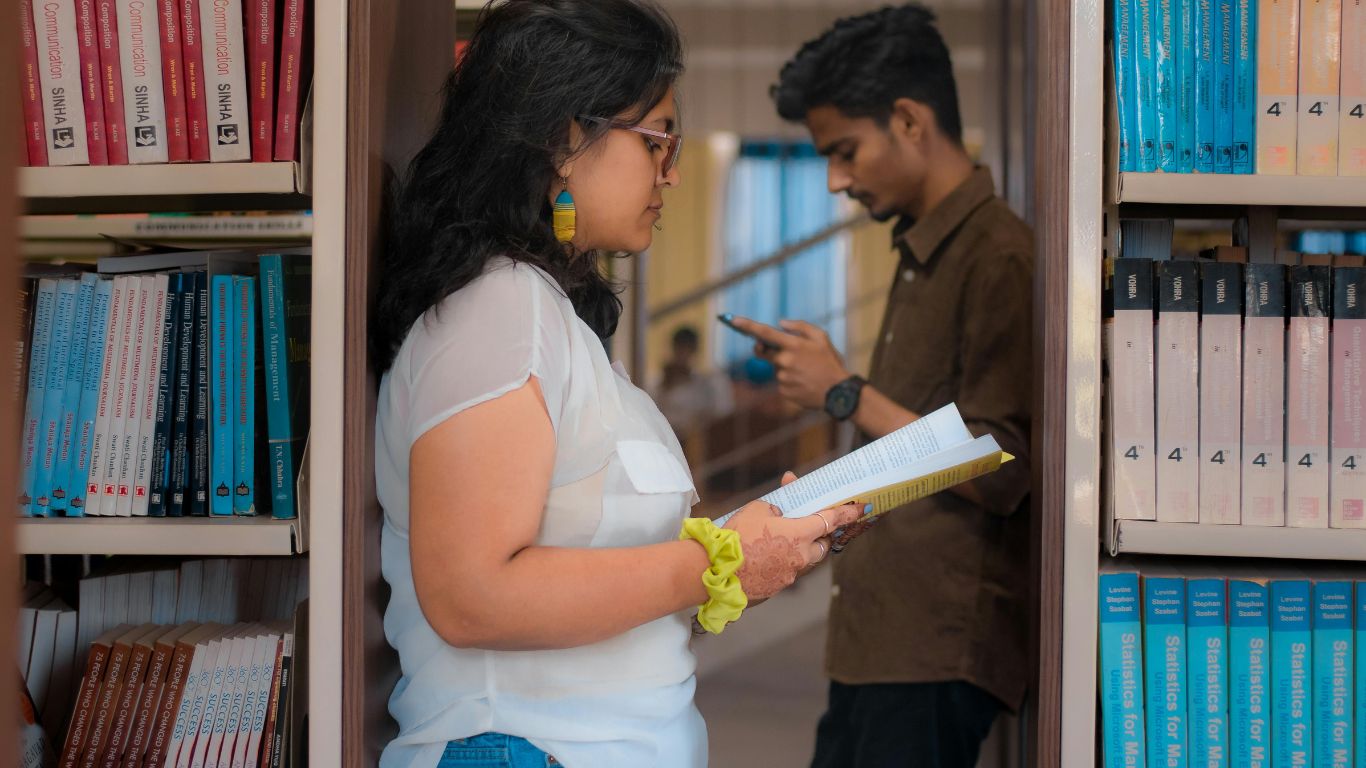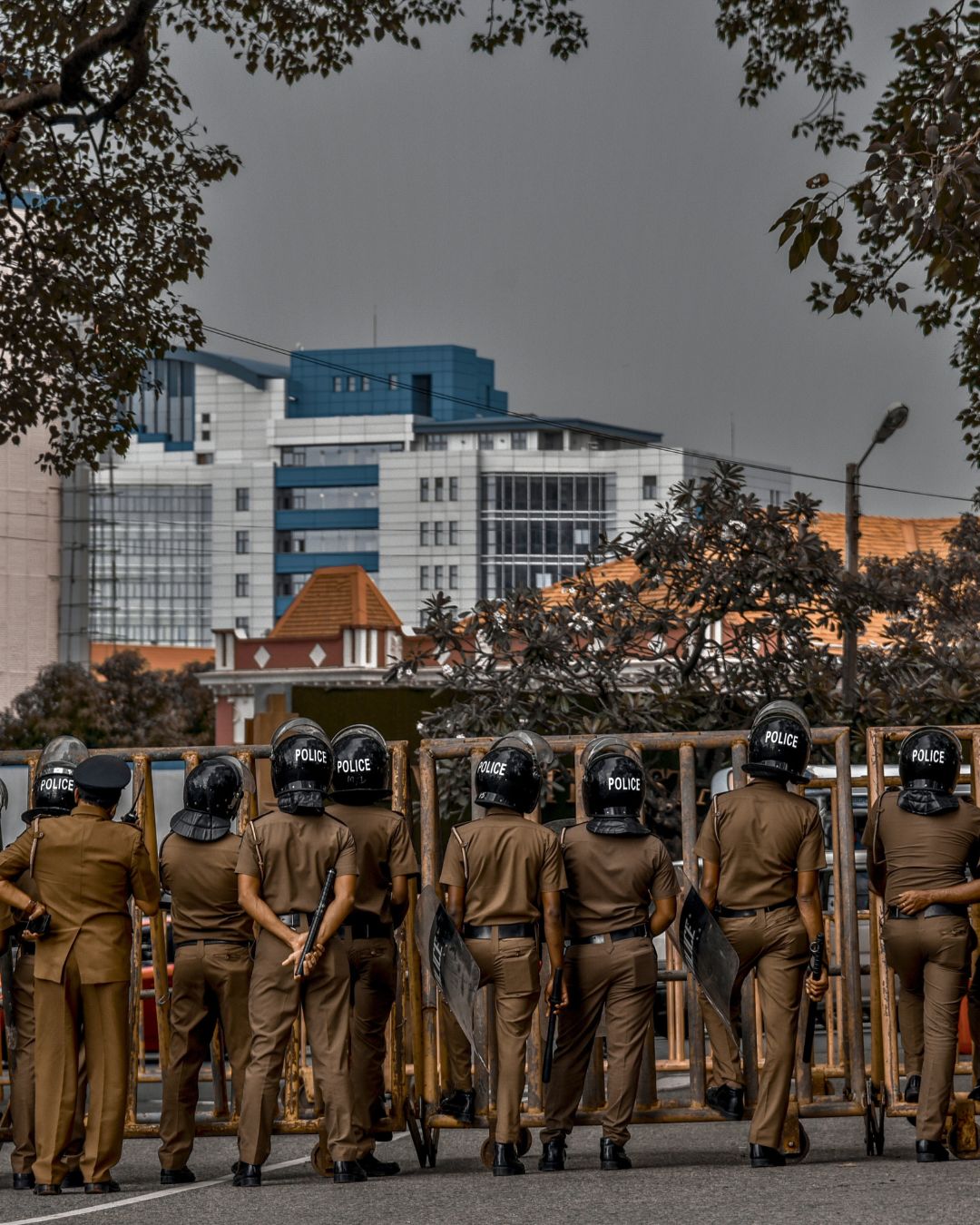As politicians rush to make impassioned speeches and celebrities share their ‘feminist’ poetry to urge us all to do better for women’s welfare, there’s only one question that comes to mind– haven’t we seen all of this before?

These calls for justice and promises of a safer future forged from capital punishment and higher sentences are not new. While our political leaders have always made sweeping vows of change at opportune moments, their reactions often imply that the power to build civilian safety is out of their hands.
As of 21 August 2024, 151 sitting MPs and MLAs across India have declared cases related to crimes against women in their election affidavits, according to a recent report by poll rights body Association for Democratic Reforms (ADR).
If justice, improved policy and better infrastructure for the vulnerable is to be introduced into India’s future to steadily reduce the rate at which rape occurs against both adults and minors here, can it really come from this pool of men who have cases of gender violence and sexual harassment on their records?

According to Manish Kaithwas and Neena Panday’s paper “Incompetency and Challenges of Police in Rape Cases” and several other bodies of research, sexual assault occurs most often when the perpetrator is attempting to demonstrate an “autocratic, monarch-like power” over the survivor.
Just the kind of people you want in positions of great power where they oversee and heavily influence the safety of people belonging to certain identities or jurisdictions.
Beyond the absurdity of their statements and sinister attempts to convert real human suffering into promotional events for their party, these politicians are also a large contributing factor behind why no pleasure-focused and consent-first Sex Ed module exists in the country.
Not only is this problem of violence not being dealt with at the root of the issue, it is also entirely neglected when the crime does occur. Police officials have been accused of disposing evidence and cremating bodies without forensic analyses, and healthcare officials have performed the now-illegal two finger test and shamed survivors. No stage of the judicial and recovery process has actually been made safe for survivors.
So what happens now? Where do we go from here?
Do we let go of our rage once capital punishment is served?
What we need are trained specialists who understand the use of sexual violence as a tool to retain power, and can approach cases with an understanding of power dynamics and social pressures.
We need existing figureheads and institutions of power and authority to provide tangible preventative measures to minimise gender-based violence and sexual assaults, and to make reporting a safer and more effective process.

If you are someone with younger family members enrolled in schools, colleges or other institutes where an individual is vulnerable to educators or older peers, what is that institution doing to establish a safe environment and support survivors?
In the case of minors, how well-versed is the institution on POCSO?
Who collects the complaints from students and ensures that next steps are taken on the basis of the survivor’s needs?
Who protects the privacy of the survivor as they navigate this? How are they supported to prevent them from dropping out of school or giving up on that professional trajectory altogether?
What happens if someone from this team or body of people entrusted with assisting survivors, is accused of harassment or assault themselves?
In the case of office environments, how well-versed are your colleagues and seniors on POSH policies? Has POSH training been prioritised in orientations for new employees?
Can your colleagues and seniors provide instances on how former POSH cases were handled?
When electoral candidates politicise cases of assaults, can they provide concrete measures for how they will mitigate such violences?
What economic reforms and strategies for education and employment will be established to allow women financial and social independence and demonstrate their own agency?
What role will NGOs and other grassroots organisations with real experience be able to play in reshaping law, policy, healthcare systems and educational material?
We need a contingency plan for people who have to continue living with perpetrators and abusers within their institutes or communities.

We need a system that can accommodate a variety of options for justice so survivors and their community or family can define justice and healing on their own terms, without changes to law and policy only being executed post-mortem.
It is the bare minimum for us to ask for leaders who are well-versed in trauma, power dynamics, and consent and not be accused of rape themselves.It is truly the bare minimum that we elect leaders and spokespersons who have the slightest understanding of what their duty to the people actually is.


















Leave a comment
This site is protected by hCaptcha and the hCaptcha Privacy Policy and Terms of Service apply.